Kids in Poverty Adapt to the Strange New World of School at Home
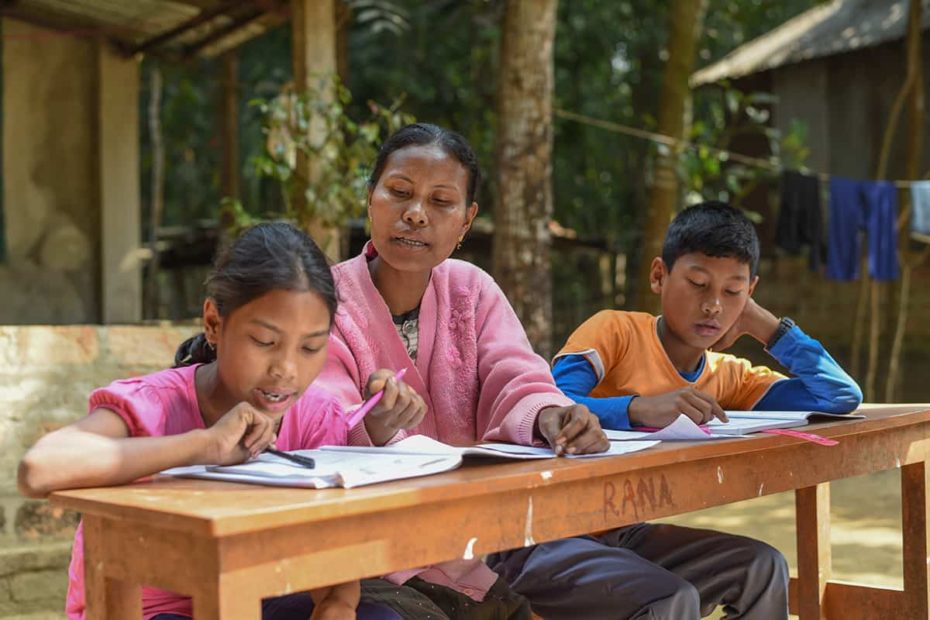
In early 2020, we documented children all over the world as they returned to school or began kindergarten for the first time. Just months later, the COVID-19 pandemic saw schools close in almost every country in the world.
As International Literacy Day approaches, we’re sharing these before and after photos of how school has changed for children around the world because of the coronavirus.
Continue Reading ›International Literacy Day: A Tale of Two Girls
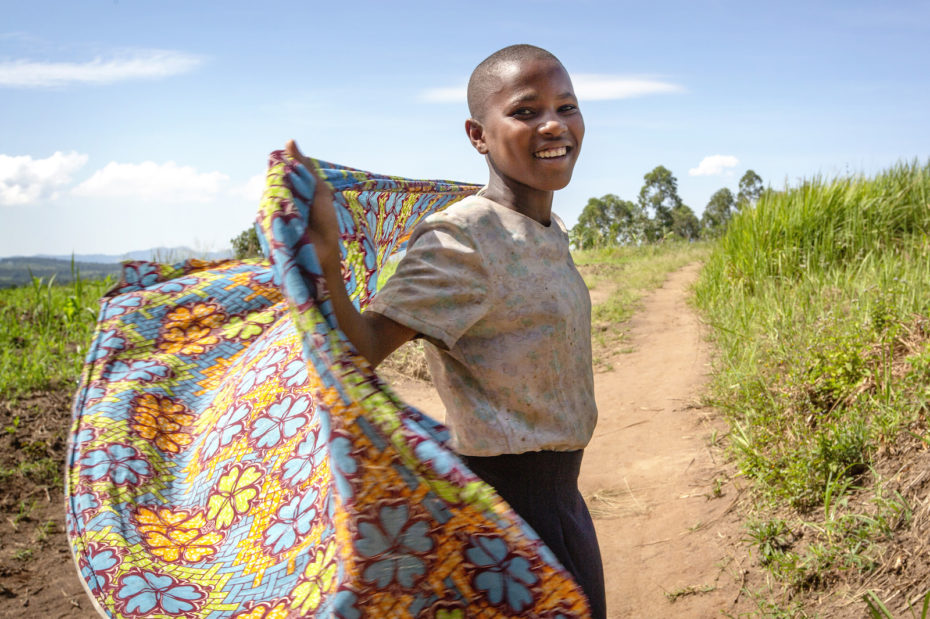
Every child deserves the same access to quality education. But they don’t all get it. Meet two girls, both who live in poverty but whose educational stories are very different.
Continue Reading ›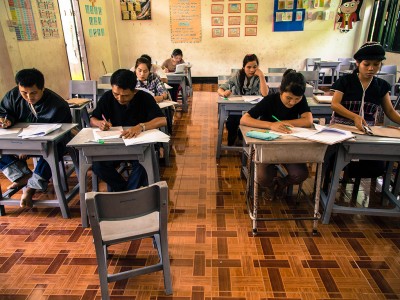
Literacy: Turning Mirrors into Windows
Rather than just telling their pupils the importance of seeking education, these workers in Thailand are showing them with their own lives that the poverty of education is a battle that can be won, no matter your age.
The Love of Literacy
When a church in Bolivia discovered many of the mothers enrolled its Child Survival Program couldn’t read or write the official language of the country, it acted. This is what the church did.
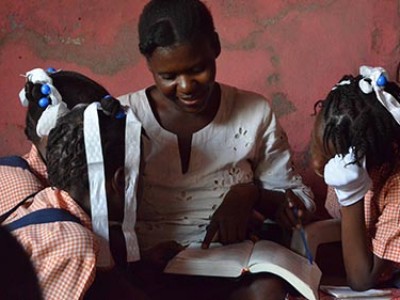
You’re Never Too Old to Learn
Julienne grew up with the belief that her ability to learn, her wisdom and her knowledge had all been drained by her twin sister who, on the other hand, always did well in school.
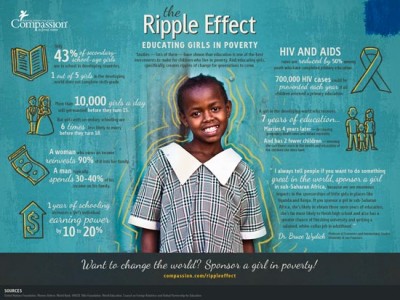
Female Literacy: Educating Girls in Poverty
When it comes to extreme poverty, many studies have shown that education is one of the best investments for helping release children from its hope-crushing grip. And educating girls—female literacy—creates ripples that extend for generations.
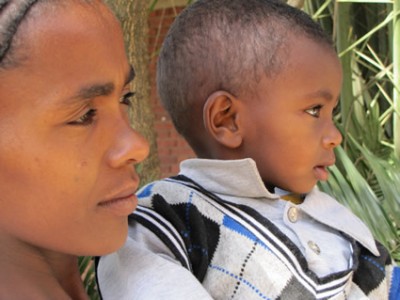
Rescued From the Streets
Many girls from Ethiopia’s rural areas move to the cities, lured by the idea of securing well-paying jobs. Their biggest desire is to live better lives and bring themselves, as well as their families, out of poverty.
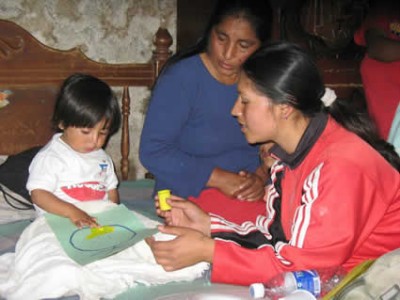
Teaching Home Economics With Common Sense
Moms in our Child Survival Program typically lack the opportunity to learn basic home economics skills. Knowledge that we consider common sense is not always common for them.


